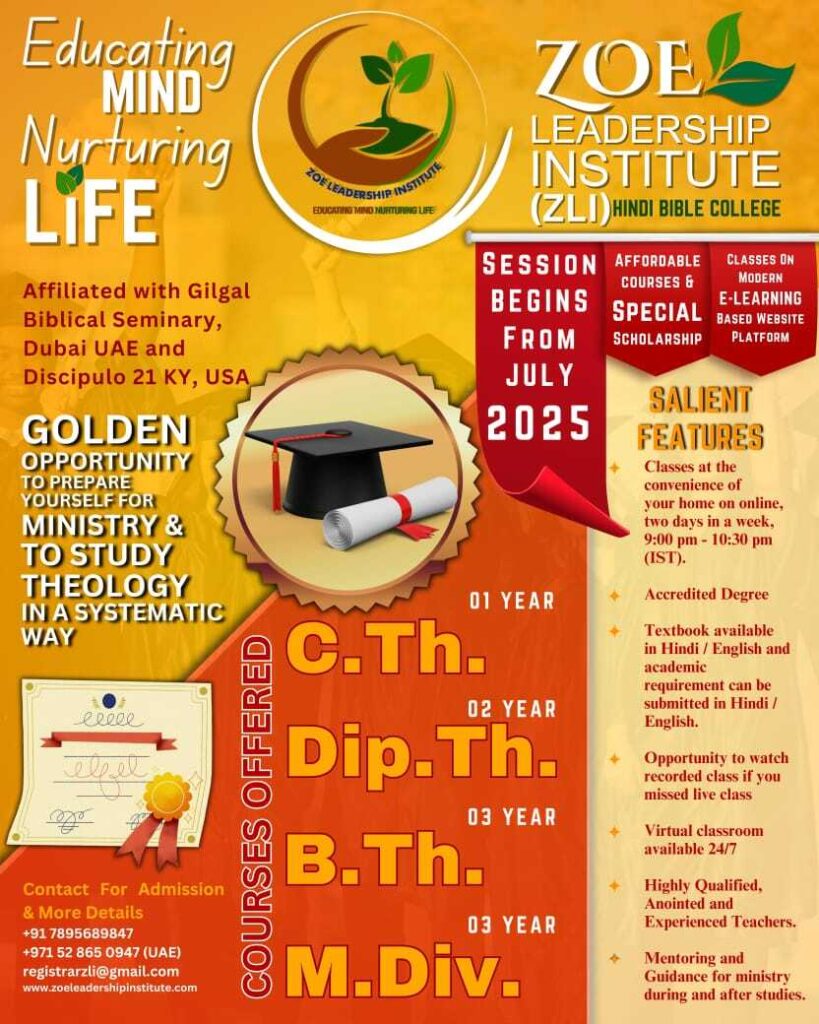
About Course
Course Description
A basic introduction to the literature, content, theology, and historical and social background of the New Testament, including exposure to critical methods such as form and redaction criticisms. The course also introduces students to the processes behind the New Testament’s composition, preservation, and canonization.
Learning OutCome:
- Demonstrate general knowledge of the content of the New Testament, including the arrangement of material, formation of the synoptic gospels, and format of Pauline letters.
2. Demonstrate knowledge of the historical and cultural settings of the New Testament, including the geography of Israel, groups of Jews, and the concerns of early Jewish groups.
3. Demonstrate knowledge of the literary and theological characteristics of each gospel, especially the emphases of each evangelist (including identification and analysis).
4. Demonstrate knowledge of and rudimentary ability to use historical, redaction, and form criticisms (these methods include analysis of specific passages).
5. Demonstrate the ability to research meanings of biblical themes and passages, including familiarity with biblical reference materials (including synthesis of material from these sources).
6. Demonstrate understanding of different portraits of Jesus and the meaning of Christian discipleship (including analysis).
Course Content
Assignment
-
Assignments




 There’s no enrollment open at the moment for this program
There’s no enrollment open at the moment for this program